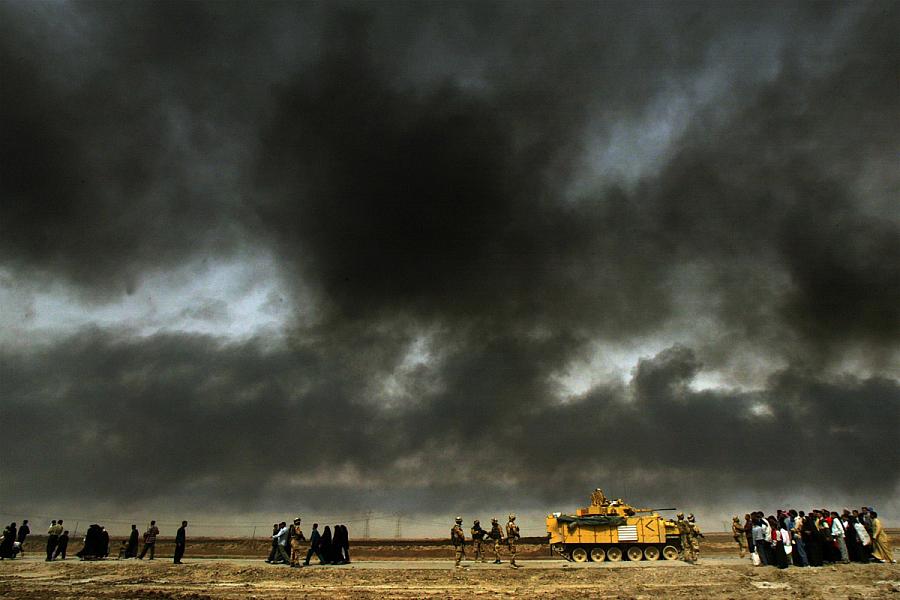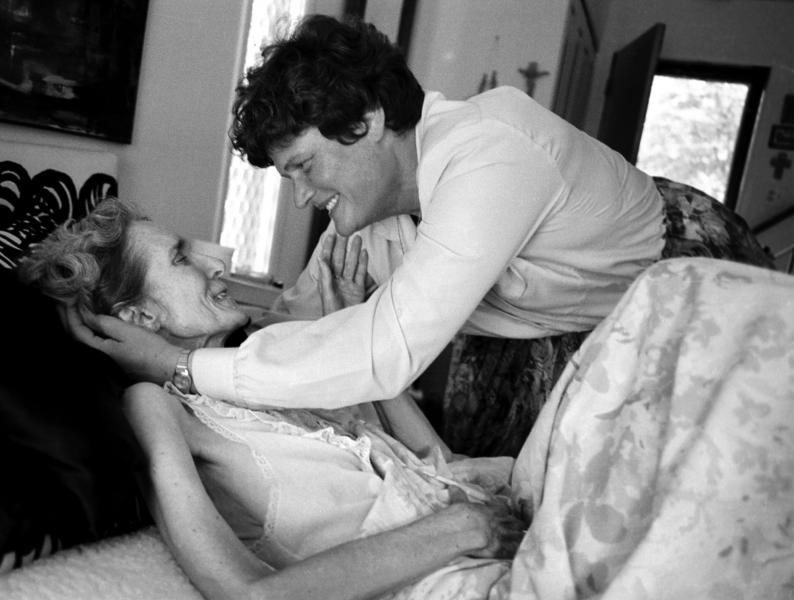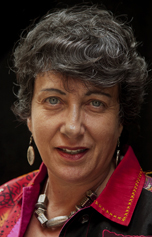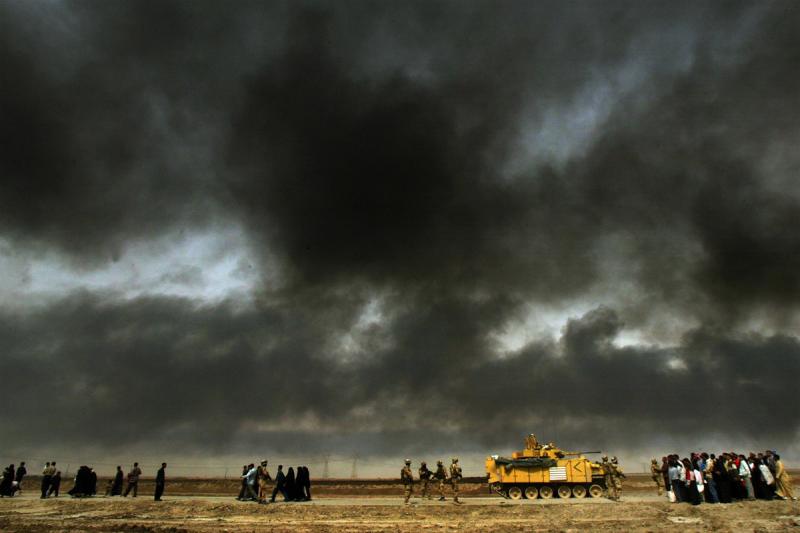Career Profile: A Photojournalist Goes Back to School

Photojournalist Pauline Lubens was 55 when she left the San Jose Mercury News to go back to school. She took out student loans and dipped into her retirement funds to get her masters degree in public health from Johns Hopkins University - and she's ecstatic.
"I feel like a new person," Lubens says, her hand up in the air. "My brain totally woke up if it wasn't awake already."
 Since she began her career in the late 70s, Lubens has used multiple mediums to tell deeply personal stories offering up-close views of health and policy issues. In the 1980s, while working at the Detroit Free Press, Lubens spent months with a single family, documenting the "sandwich generation," where parents care for children and aging parents at the same time.
Since she began her career in the late 70s, Lubens has used multiple mediums to tell deeply personal stories offering up-close views of health and policy issues. In the 1980s, while working at the Detroit Free Press, Lubens spent months with a single family, documenting the "sandwich generation," where parents care for children and aging parents at the same time.
After 16 years with the Free Press, Lubens joined the San Jose Mercury News in 2000, when the paper had over 400 editorial employees. She covered the Iraq war in 2003 and again in 2004, tracking down Iraqis she had photographed during her first stint.
 Photojournalists need empathy, Lubens (right) explains. They need to be able to put themselves in others' shoes in order to be at the right place at the right time. But they also need to be dispassionate so that they can see the big picture. Maintaining this balance was becoming more and more difficult for Lubens.
Photojournalists need empathy, Lubens (right) explains. They need to be able to put themselves in others' shoes in order to be at the right place at the right time. But they also need to be dispassionate so that they can see the big picture. Maintaining this balance was becoming more and more difficult for Lubens.
"We would get swarmed by Iraqis wanting water. We had 20 bottles of water in our car," Lubens recalls. "I remember thinking, 'We can't help them.'"
When she returned to San Jose, Lubens became interested in documenting the health and lives of veterans. But things were changing for the Mercury News and for journalism itself. MediaNews Group bought the paper in 2006. By 2008, the paper's editorial staff was cut by two-thirds. When Lubens asked to photograph veterans training for the Paralympics in San Diego, she was told that the story was not local enough.
While Lubens recognized the value of connecting with local readers, she also recognized a new trend in her newsroom. Editorial staffers were starting to bet on what readers wanted to read, instead of using their professional judgment to choose stories readers might find illuminating. Lubens just didn't see a future for herself in news anymore.
"I knew, like a lot of people in journalism, that it was time to start thinking of a Plan B," Lubens explains. "And there had always been a voice in me to do more, to put down the camera and roll up my sleeves."
Public health was a good fit. It's a broad field that addresses not just medicine and treatments, but the conditions that impact health. When Lubens left the San Jose Mercury News for graduate school in June 2010, its staff was one-quarter the size when she started. She feels like she got out just in time.
 Going back to school, she says, gave her new ways of thinking and a whole new vocabulary to discuss public health. It gave her a framework for thinking about policy and advocacy. In her "capstone" project, she focused on how war affects public health, drawing on her experiences in Iraq and the Persian Gulf.
Going back to school, she says, gave her new ways of thinking and a whole new vocabulary to discuss public health. It gave her a framework for thinking about policy and advocacy. In her "capstone" project, she focused on how war affects public health, drawing on her experiences in Iraq and the Persian Gulf.
Lubens will be 56 in October, and she is starting at the bottom of a new career ladder. She is using her newspaper pension to pay back her student loans. "Every once in a while I get freaked out by the financial aspect of it," she says, but she feels fortunate to have a part-time job that pays more than many full-time jobs with nongovernmental organizations.
Since graduating, she's taken several part-time positions to begin her new career. She is teaching an undergraduate course at UC Irvine this fall about armed conflict and health, focusing both on failed states and how war affects public health in the United States. She also works part-time for the UCLA site of the National Institutes of Health-funded National Children's Study. She works on a project to create community engagement within the framework of the study by helping high school students document their lives using video. The position pays well for a part-time job, she says, comparable to what she made at the Mercury News if it were full-time. And by now, Lubens would rather help design programs for refugee resettlement agency than photograph refugees getting help. This is where she feels she can have the most direct impact.
"I didn't have to go to graduate school to make a living shooting for nonprofits," she says. "But I want to be the person that journalists want to interview."
While Lubens' loved her journalism career, when asked if she made the right decision to move on she has a firm answer: "The proof to me that I made the right decision is that I didn't miss it."
Photo credit: Pauline Lubens

